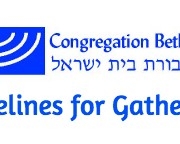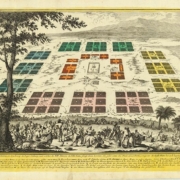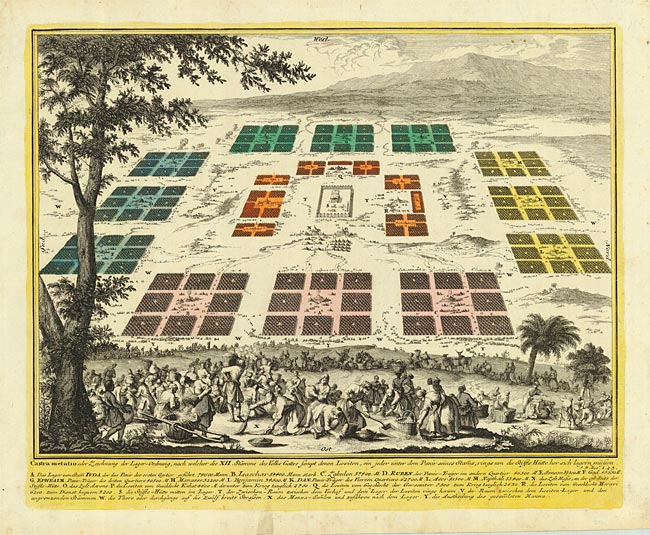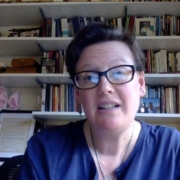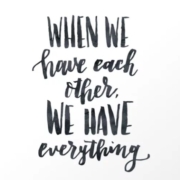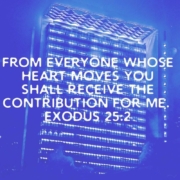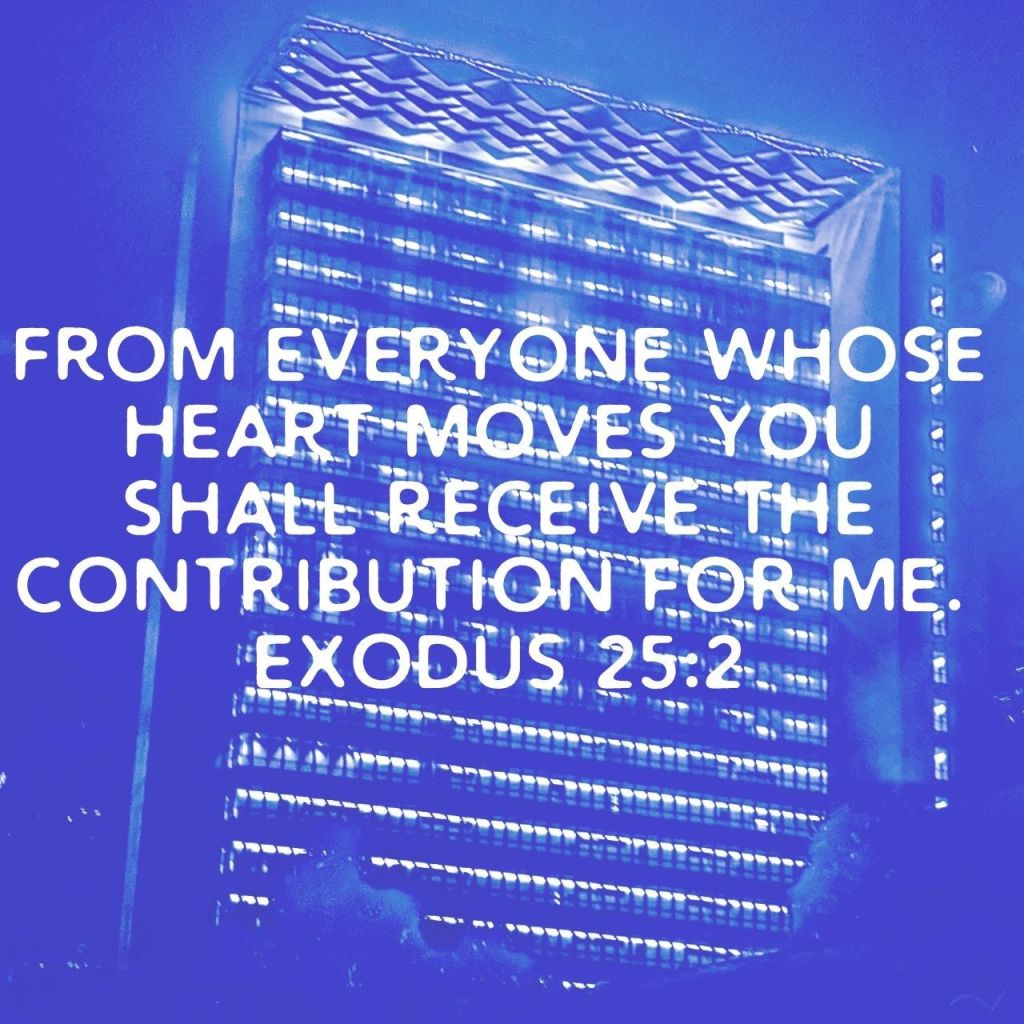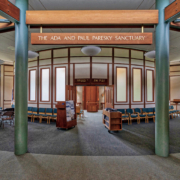
Dear All,
We hope this note finds you as well as any of us can be in these pandemic times. Several of you have asked why CBI’s doors are not yet “open,” given that the viral load in MA is currently relatively low. The short answer is: because pikuach nefesh, preserving life, is a paramount Jewish value. We are keeping our offerings digital in order to keep each other safe.
In this moment, CBI is still offering all of our services (Shabbat and holidays) and classes via Zoom. The same is true of most synagogues around the nation. Current science shows that singing, even outdoors and masked, spreads viral particles and is not safe. We’ve also learned in recent months that being indoors with others where air is recirculated is especially dangerous.
We have watched as houses of worship around the nation have “reopened” for in-person gatherings… and then been obligated to close again because of covid-19. We do not want the virus to spread in our synagogue community. We’re also aware that the virus is especially dangerous to elders, to the immunocompromised, and to people with preexisting conditions.
For these reasons, as much as we miss being together in person, as of now our discernment continues to be that it’s better to gather digitally for prayer, holidays, and learning. That’s how we can do our part to limit the spread of the virus, and it is how we can keep each other safe in accordance with the core Jewish value of preserving and protecting life.
We are in regular contact with the URJ, with other synagogues in the county, and with clergy around the nation, and we will continue to learn everything we can about how to safely steward CBI through this. These are extraordinarily difficult times, and they ask us to rise to the occasion of taking care of each other by — for now — continuing to stay physically apart.
And: we hear that there is a desire to be together in person outdoors while we can safely do so. We are planning an outdoor, masked, socially distant, no-singing Shabbat morning service at CBI at 9:30am on September 5, led by Rabbi Rachel.
Please RSVP to let us know if you will attend that service so we know how many chairs to set up on our patio / outside the synagogue building. During that service, our bathrooms will be open for you to use at your own risk. (If it rains that day, we’ll offer services over Zoom instead.)
Our building remains closed for pandemic reasons. Our administrator Ollie Jones is reachable via e-mail and phone, as are both of us.
We hope you will join us on Sept. 5 outdoors, and on Zoom for Shabbat each week and for the Days of Awe. And keep an eye out for Rabbi Rachel’s weekly emails between now and Rosh Hashanah, which offer suggestions for how to make the most of Zoom community and prayer experiences. (Here’s the most recent one, which also contains links to the previous two.)
Being present to each other and to community is even more important in these pandemic times. We’re grateful to you for being a part of CBI.
Blessings to all,
Chris Kelly (for the Board of Directors) and Rabbi Rachel Barenblat

